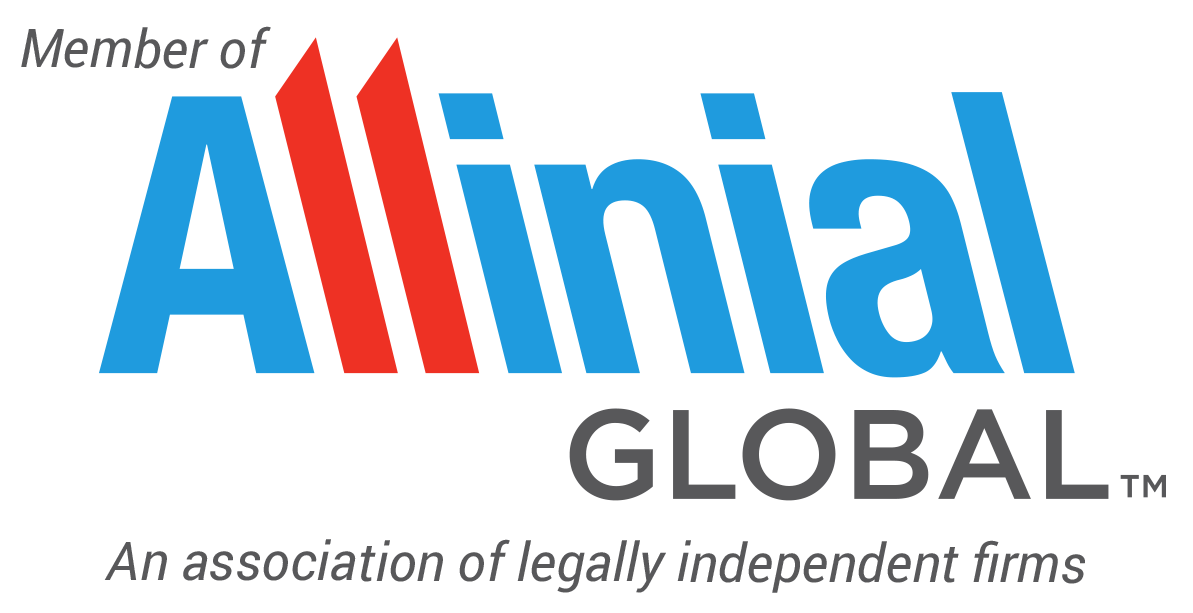Property Tax Protest Deadline is Approaching
It is that time of year when county appraisal districts begin to send out notices of appraised value on real property and business personal property. If you feel your property is over-valued, the due date for filing a protest is later than May 15th or 30 days after the notice of appraised value was mailed. Taxpayers that file a protest with their appraisal district will be scheduled for a hearing before the Appraisal Review Board (ARB) to review the property’s market value and resolve or validate the disparity. See your county appraisal district website for guidance on filing a protest or calling your ATKG advisor for assistance.
Have you reported your unclaimed property?
If your business holds unclaimed property, don’t forget that you are responsible for filing a report and remitting that property to the State. This applies to items such as uncashed vendor checks or employee paychecks.
2021 Texas Unclaimed Property Deadlines
- July 1st – Deadline for holders to file a report and remit unclaimed property.
- Nov 1st – Deadline for filing life insurance reports and remitting property.
The Process
- Verify that the property has surpassed the abandonment period.
- Notify property owners about the abandoned property. A written notice should have been mailed by May 1 for any property exceeding $250.
- Prepare and submit the unclaimed property report by July 1/Nov 1st using the transfer portal on ClaimItTexas.org.
- Remit the property to the State utilizing the guidelines established for the specific type of property.
- Lastly, maintain all unclaimed property data for at least 10 years, as required by the State of Texas.
Additional information can be found at www.claimittexas.org or www.comptroller.texas.gov/programs/unclaimed. Almost every state has unclaimed property laws. If you have business locations in other states, check out those states’ unclaimed property websites for more guidance.
How States are Treating Paycheck Protection Program (PPP) Loan Forgiveness
Just because your PPP loan forgiveness isn’t taxable on your federal income tax return and deductions will be allowed for expenses paid with loan proceeds doesn’t mean that will be the case for state income or franchise tax purposes. There are still a few remaining states that will tax the loan forgiveness either by treating the forgiven loans as taxable income or by denying the deduction for expenses paid with these funds, or both.
Texas: Texas was among the most recent states to forgive PPP loans non-taxable by excluding PPP loan forgiveness from the gross receipts calculation for the Texas Franchise Tax (passed April 23, 2021). Returns already filed that included PPP forgiveness income in gross receipts will likely need to be amended.
Other States: As of today, the states that include PPP loan forgiveness in taxable income are California (for some but not all businesses), Nevada, Utah, Florida, Minnesota, North Carolina, Virginia (allows only the first $100,000 in expenses to be deducted), Hawaii and New Hampshire.

State Tax Rates Rising: No Mercy in Light of COVID
With many states facing budget deficits, some state legislatures have proposed tax increases to close the gap. California Gov. Gavin Newson, for example, has signed into law Assembly Bill 85, which included a retroactive suspension of the ability for certain individuals and businesses to utilize net operating loss (NOL) carryovers in 2020, 2021, or 2022. California legislators have also proposed a 3.5% increase for high-income taxpayers – on top of what is already one of the highest tax rates in the U.S. Lawmakers in New York, Illinois, Massachusetts, Maryland, Wisconsin, Hawaii, Oklahoma, and Vermont have proposed various forms of tax increases on high earners. As 2021 progresses, it is expected that more and more states will start looking to raise taxes to offset budget shortfalls.
Texas Sales Tax Holiday Reminder
- May 29-31, 2021 – Energy Star Sales Tax Holiday
- You can buy, rent or lease ENERGY STAR® labeled items tax-free.
- Qualifying items include air conditioners ($6,000 or less), refrigerators ($2,000 or less), ceiling fans, incandescent & fluorescent light bulbs, clothes washers, dishwashers, and dehumidifiers.
- There is no limit to the number of qualifying items you can buy, and no exemption certificate is needed.
- August 6-8, 2021 – Tax-Free Weekend
- Qualifying items include most clothing, footwear, school supplies and backpacks (sold for less than $100)
- Qualifying items may be purchased tax-free in store, online, by telephone, mail, custom order, or any other means.
If you are a retail seller of these items, you will need to make sure they are coded as non-taxable in your software during these periods. For more information, visit the Texas Comptroller’s website by clicking on these links:
For further information on this SALT topic or others, please contact Annette Goodson, Director of ATKG’s SALT practice, at agoodson@atkgcpa.com or 210.733.6611. ATKG extends its appreciation to Tax Seniors Lindsey Huesing, Ernesto Aguilar, Steve Burgamy, and Marcus Cantu for their collaboration on this article.
